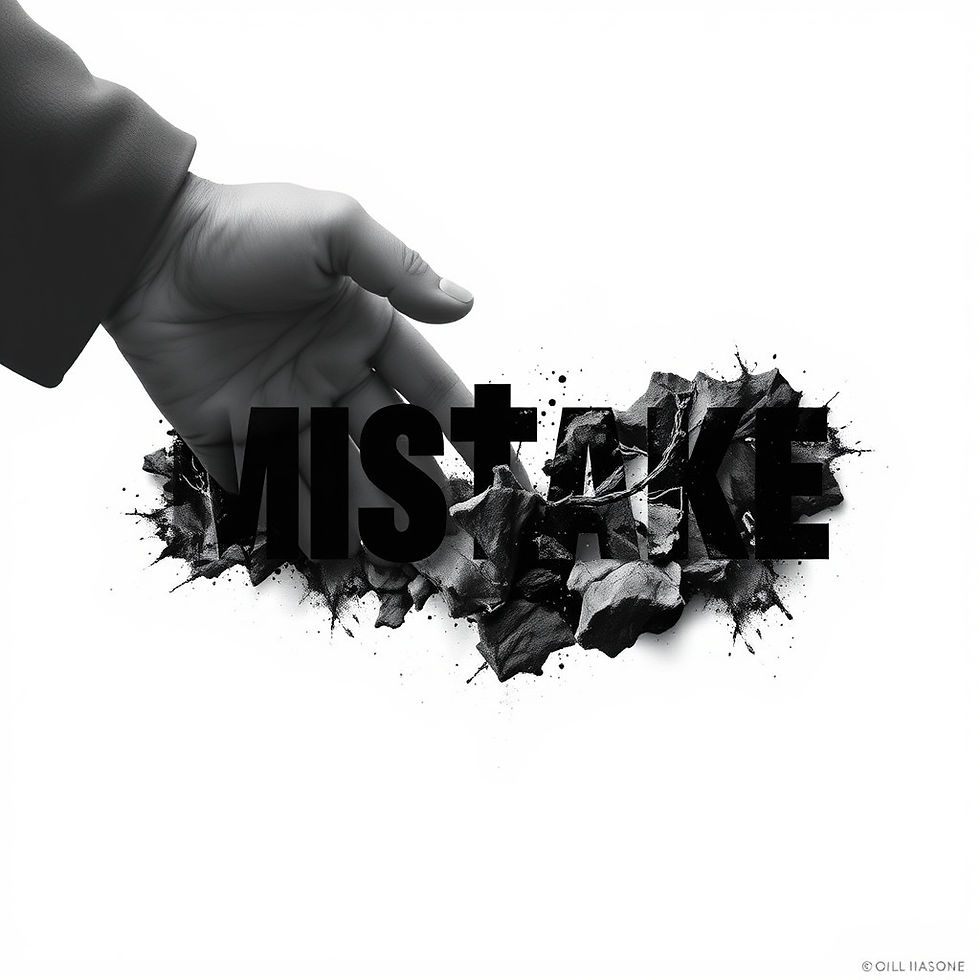“Playing the race card”
- RogerKline
- Oct 1, 2025
- 4 min read
in the last month, two NHS staff from different organisations have approached me and disclosed that they have been told they are “playing the race card” when they raised concerns. One case was about their own treatment and the other case was someone raising concerns about how staff in a department were treated.
In both cases no action was taken against the two managers who used the phrase and refused to take the allegations seriously.
So, for the benefit of others (and HR colleagues) , I thought it might be helpful to share the findings of a 2023 Employment Tribunal https://assets.publishing.service.gov.uk/media/66190c13c1d297c6ad1dfe41/Mr_D_Pile-Gray_-v-_Ministry_of_Defence_-_2200649-2022.pdf
Mr Pile-Gray was one of the British Army's first Rastafarian guardsmen. He won his race discrimination claim which originated in an argument in a guardroom during which a white guard said he didn't believe he was a soldier
When he challenged the soldier, he was accused of "playing the race card". He won his case at an employment tribunal but says the case ended his 16-year Army career
Mr Dwight Pile-Gray says he always knew he'd stand out in the Army. He was the first Rastafarian soldier allowed to wear his hair in locks. He signed up in 2005, having already been an accomplished musician with the Royal Corps of Army Music. He played the French horn in various military bands, eventually taking up a role in the Band of the Grenadier Guards.
Mr Pile-Gray took part in dozens of state occasions, tying up his hair to fit into his bearskin. "I was under no illusion as to what I might encounter," he says of joining the Army. "But I was full of optimism."
After he won his case, he said he believes his case shows it is worse to accuse someone of being racist than it is to actually be racist.
Soldiers used racially offensive words, he says, including the N-word, while in his presence. Some asked derogatory and racist questions, including about the size of his genitals. Mr Pile-Gray says he put such comments down to "ignorance".. Despite that he said such ignorance didn't stop him enjoying his job, or rising in the ranks. He became a lance sergeant.
The Tribunal reported the following
In July 2021, at Wellington Barracks, in central London, he had a row with two white soldiers at the guardroom to his base. He had already been into the barracks for a medical appointment, but he'd gone out to make a phone call. He'd mistakenly left his ID card behind. He was wearing civilian clothes and sunglasses and he had his locks on display.
When he returned, he says the lance corporal on duty, who was white, didn’t believe he was a soldier. Mr Pile-Gray says he challenged the soldier, who was more junior than him, and he was allowed back in after someone recognised him.
He got changed into his uniform and returned to prove to the lance corporal that he was a soldier and to make it clear he could have handled the situation better.
In the ensuing conversation, the lance corporal accused him "of playing the race card", at which point a more senior soldier, a white sergeant, got involved.
Mr Pile-Gray told the Tribunal the sergeant told him, "if I was going to make it into a race thing, then he wasn't interested". Mr Pile-Gray admitted he then lost his temper and described how he was bundled out of the guardroom.
He then went to see an officer to explain what had happened and was asked whether he wanted to make a complaint. Mr Pile-Gray said he suggested mediation and wanted to explain to those involved why their behaviour was wrong because they had no understanding or concept that what they were actually saying was racist
Instead, Mr Pile-Gray was told that he'd be the one facing disciplinary action and he then faced a formal charge of insubordination.
He told the Tribunal that this was "the straw that broke the camel's back" and felt he couldn’t stay in an organisation that “so disregarded my feelings and my welfare, and actively sought to make me a bad person."
The Tribunal found that the “race card” incident – implying that an ethnic minority colleague was accusing someone else of bigotry – amounted to an act of discrimination, and it would be “inconceivable” that a white person would face the same accusation.
He said: “It did not seem likely at all that a white person in the Claimant’s circumstances would have been accused of playing the race card. Further, the nature of the comment is irrefutably connected with race and as such, race must have been the reason for the treatment.”
His claims of direct race discrimination, racial harassment and victimisation were successful.
Surprise, surprise, the Ministry of Defence said it did not tolerate abuse, bullying or discrimination of any kind and actively encouraged personnel to report unacceptable behaviours.
Emma Norton, from the Centre for Military Justice, gave legal support to Mr Pile-Gray and said "not only did the chain of command fail to act on his concerns about racial bias, it then victimised and gas-lit him for having the temerity to complain about it," https://www.personneltoday.com/hr/rastafarian-racism-race-discrimination-pile-grey-v-mod/





Comments